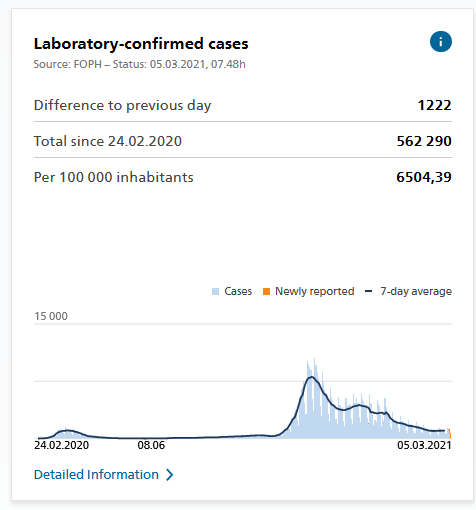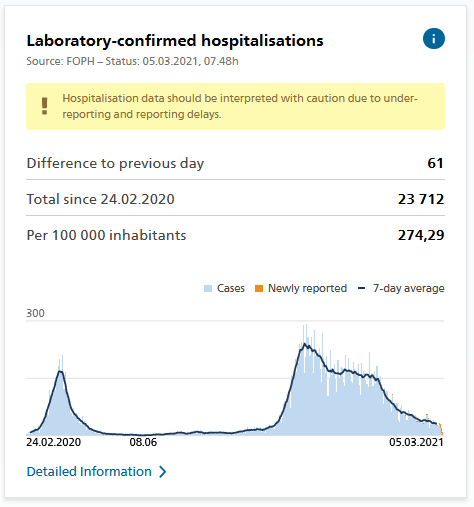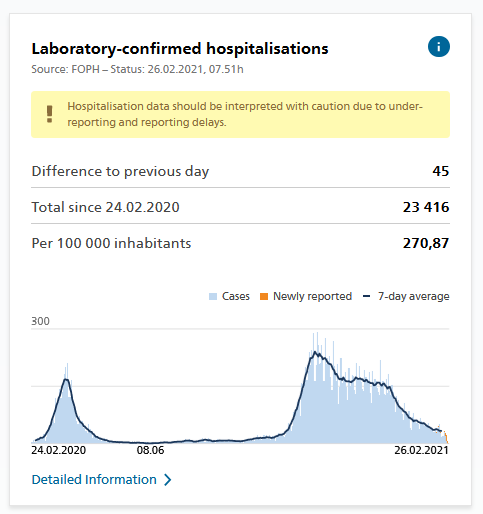
What’s happening with the EU’s (and UK’s) tariff-quota commitments in the WTO?
We now have one set of data to look at
REMINDERS:
1. This is part of the Brexit process in the WTO:
—new commitments for the UK
—amended EU commitments
Explanation: tradebetablog.wordpress.com/2018/09/12/hap…
1/9
We now have one set of data to look at
REMINDERS:
1. This is part of the Brexit process in the WTO:
—new commitments for the UK
—amended EU commitments
Explanation: tradebetablog.wordpress.com/2018/09/12/hap…
1/9
2. Tariff quotas = low/zero import duty inside the quotas + much higher duty outside
3. Pre-Bexit: a single set of EU28 tariff quotas (because of the customs union) legally binding in the WTO.
Post-Brexit: separate UK and EU27 quotas
Explanation: tradebetablog.wordpress.com/2018/09/12/hap…
2/9
3. Pre-Bexit: a single set of EU28 tariff quotas (because of the customs union) legally binding in the WTO.
Post-Brexit: separate UK and EU27 quotas
Explanation: tradebetablog.wordpress.com/2018/09/12/hap…
2/9
4. UK and EU want EU27+UK quotas = EU28 quotas
5. Other countries objected. Requires negotiation with both the UK and the EU (under GATT Art.28)
See: wto.org/english/news_e…
3/9
5. Other countries objected. Requires negotiation with both the UK and the EU (under GATT Art.28)
See: wto.org/english/news_e…
3/9
The EU now ways it has settled this with “Argentina, Australia, Norway, Pakistan, Thailand, Indonesia and others”.
The EU and US have also announced agreement. But their press releases give no details.
US: ustr.gov/about-us/polic…
EU: ec.europa.eu/commission/pre…
4/9


The EU and US have also announced agreement. But their press releases give no details.
US: ustr.gov/about-us/polic…
EU: ec.europa.eu/commission/pre…
4/9



Note “preserves the original volumes”
So EU27+UK = original EU28 quotas.
US, Australia etc have given up demanding larger quotas to match original “market value”
The details are only public when approved by the EU Council. So far, only Thailand:
consilium.europa.eu/en/documents-p…
5/9
So EU27+UK = original EU28 quotas.
US, Australia etc have given up demanding larger quotas to match original “market value”
The details are only public when approved by the EU Council. So far, only Thailand:
consilium.europa.eu/en/documents-p…
5/9
This is the agreement with Thailand: data.consilium.europa.eu/doc/document/S…
It shows:
1. Of the 31 tariff quotas available to Thailand (specifically, under “other”, or under “anyone”), 26 are as the EU originally proposed in July 2018.
6/9
It shows:
1. Of the 31 tariff quotas available to Thailand (specifically, under “other”, or under “anyone”), 26 are as the EU originally proposed in July 2018.
6/9

2. The EU is shrinking two quotas substantially, ~60K tonnes for types of chicken meat.
Thailand would only "OK" if the UK had agreed to expand its quotas on those same products by the same amounts, shifting ~60K tonnes to the UK quotas
The UK has said nothing publicly
7/9
Thailand would only "OK" if the UK had agreed to expand its quotas on those same products by the same amounts, shifting ~60K tonnes to the UK quotas
The UK has said nothing publicly
7/9

3. The EU is also enlarging 3 quotas on other types of poultry meat for Thailand.
Again the UK has said nothing
It would have to shrink its quotas on those products to “preserve the original volumes”—in theory it's not obliged to, except via understanding with the EU
8/9
Again the UK has said nothing
It would have to shrink its quotas on those products to “preserve the original volumes”—in theory it's not obliged to, except via understanding with the EU
8/9

CONCLUSION:
For the deals that have been agreed, the UK and EU have successfully kept their combined quota sizes unchanged.
Countries like Thailand have been successful in challenging some of the data the UK and EU used to split the quotas, or at least the results
9/9
For the deals that have been agreed, the UK and EU have successfully kept their combined quota sizes unchanged.
Countries like Thailand have been successful in challenging some of the data the UK and EU used to split the quotas, or at least the results
9/9
CORRECTION: Thailand and the EU27 have agreed six (not five) quota changes out of 31. Four are enlarged and two shrink (substantially).
The UK quotas presumably match those in the opposite direction—by at least the same amount in the case of the smaller EU27 quotas.
1/2
The UK quotas presumably match those in the opposite direction—by at least the same amount in the case of the smaller EU27 quotas.
1/2

This has now been updated to reflect the new information: tradebetablog.wordpress.com/2018/09/12/hap…
2/2
2/2
• • •
Missing some Tweet in this thread? You can try to
force a refresh

































